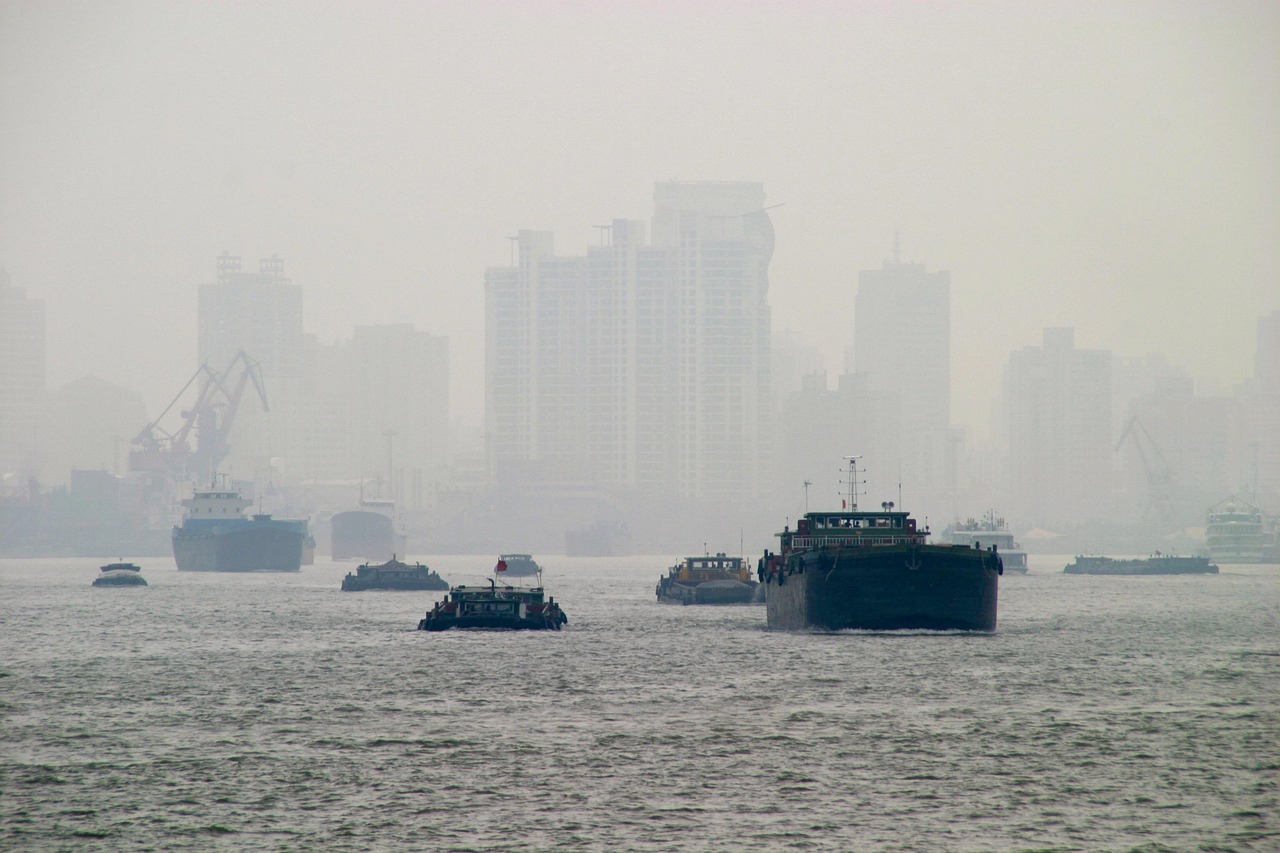新型冠状肺炎疫情用英语怎么说(新型冠状肺炎疫情用英语怎么说呢)
Introduction
The onset of the novel coronavirus pandemic, officially named COVID-19 by the World Health Organization (WHO), has reshaped the global landscape in ways unimaginable just a few short months ago. This unprecedented public health crisis has not only triggered a global health emergency but has also had far-reaching implications on economies, societies, and individual lives. This article aims to provide a comprehensive analysis of the impact of COVID-19 on various aspects of our lives, from the healthcare system to the global economy and beyond.
The Healthcare System Under Strain
The COVID-19 pandemic has overwhelmed healthcare systems across the globe, with hospitals facing a surge in patients requiring intensive care. In China, where the virus first emerged, the initial response involved locking down cities and implementing strict quarantine measures to contain its spread. However, as the virus spread internationally, countries like Italy, Spain, and the United States saw their healthcare systems buckle under the weight of the pandemic. The shortage of ventilators, personal protective equipment (PPE), and medical personnel led to a crisis of epic proportions, with some hospitals reaching their breaking point and resorting to rationing care.
Economic Fallout
The economic impact of COVID-19 has been severe and widespread. Lockdowns and social distancing measures have led to a significant decline in economic activity, with many businesses forced to close their doors temporarily or permanently. The service sector, particularly tourism and hospitality, has been hit hard, as travel restrictions and fear of the virus have decimated demand. Manufacturing and supply chains have also been disrupted, leading to shortages of essential goods and services. The International Monetary Fund (IMF) has warned of a global recession, with many economies expected to experience negative growth in 2020.

Social and Psychological Effects
The pandemic has also had profound social and psychological effects. The isolation and uncertainty have led to increased levels of anxiety and depression, particularly among those who have lost their jobs or are at high risk of contracting the virus. The stigma surrounding the disease has led to discrimination against individuals who test positive or have been in contact with someone who has tested positive. Additionally, the pandemic has highlighted the importance of community support and solidarity, with many people coming together to help their neighbors and organize relief efforts.
Policy Responses and Lessons Learned

Governments around the world have implemented various policy responses to mitigate the impact of COVID-19. These include fiscal stimulus packages to support businesses and individuals, increased testing and contact tracing, and the rollout of vaccines. However, these responses have not been without controversy, with some critics arguing that they have been too slow or insufficient in addressing the needs of vulnerable populations. The pandemic has also highlighted the importance of global cooperation and coordination in responding to public health crises.
Future Considerations
As we move forward from this crisis, there are several considerations for policymakers and society at large. Firstly, investing in public health infrastructure is crucial to prevent future pandemics from overwhelming healthcare systems. This includes increasing access to vaccines, improving testing capabilities, and strengthening global health security. Secondly, addressing the economic fallout requires a comprehensive approach that includes fiscal support for affected industries and workers, as well as measures to stimulate economic growth. Finally, addressing the social and psychological effects of the pandemic will require ongoing support for mental health services and community engagement.

Conclusion
The COVID-19 pandemic has shown us that we are all connected in a globalized world, and its impact extends far beyond the realm of public health. From healthcare systems to economies to individual lives, this crisis has highlighted the need for resilience, cooperation, and innovation. As we move forward, it is essential that we learn from this experience and invest in our collective future to ensure that we are better prepared for future challenges. The global community must come together to build a more resilient and equitable world that can withstand the next pandemic and beyond.





还没有评论,来说两句吧...